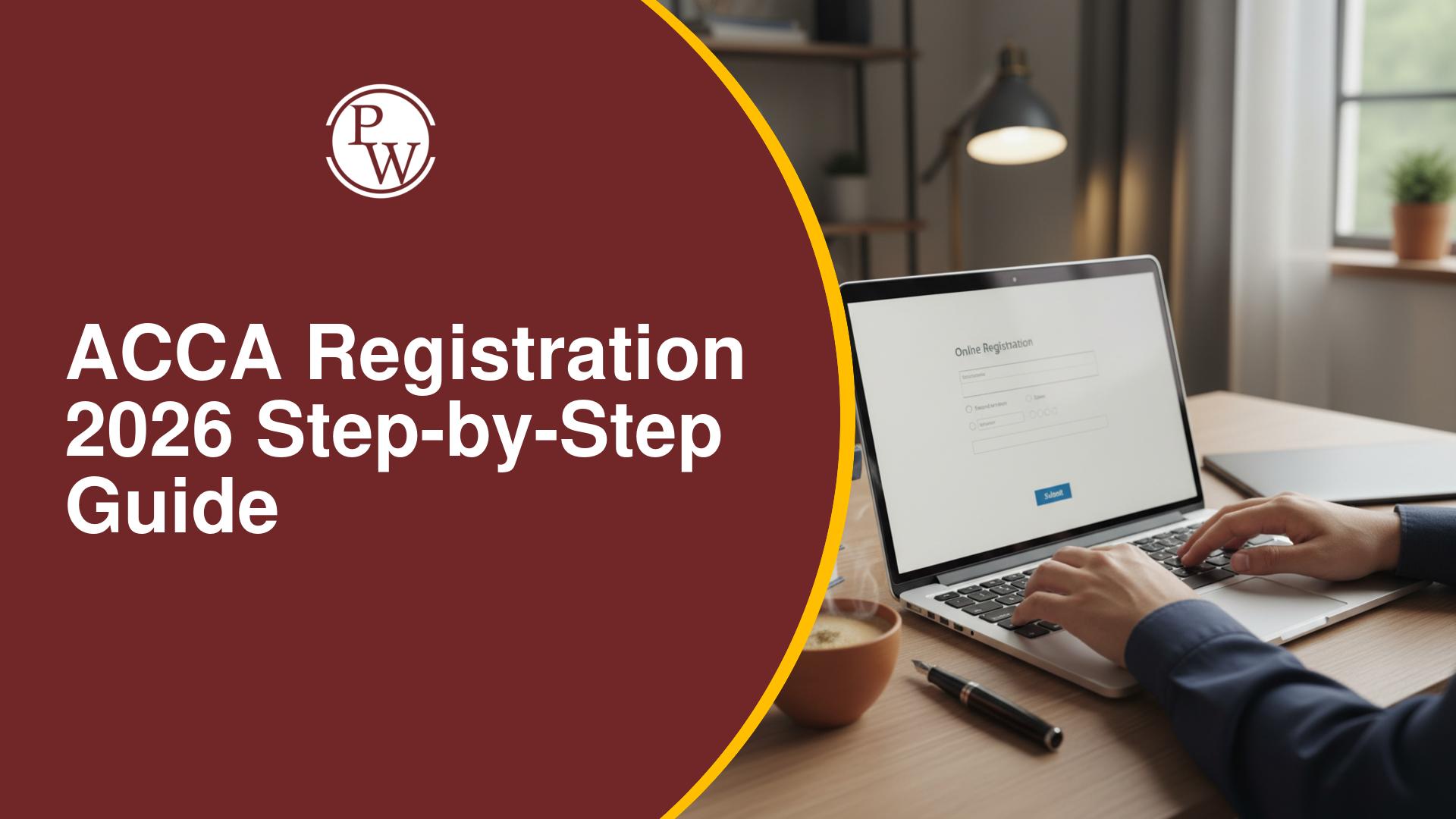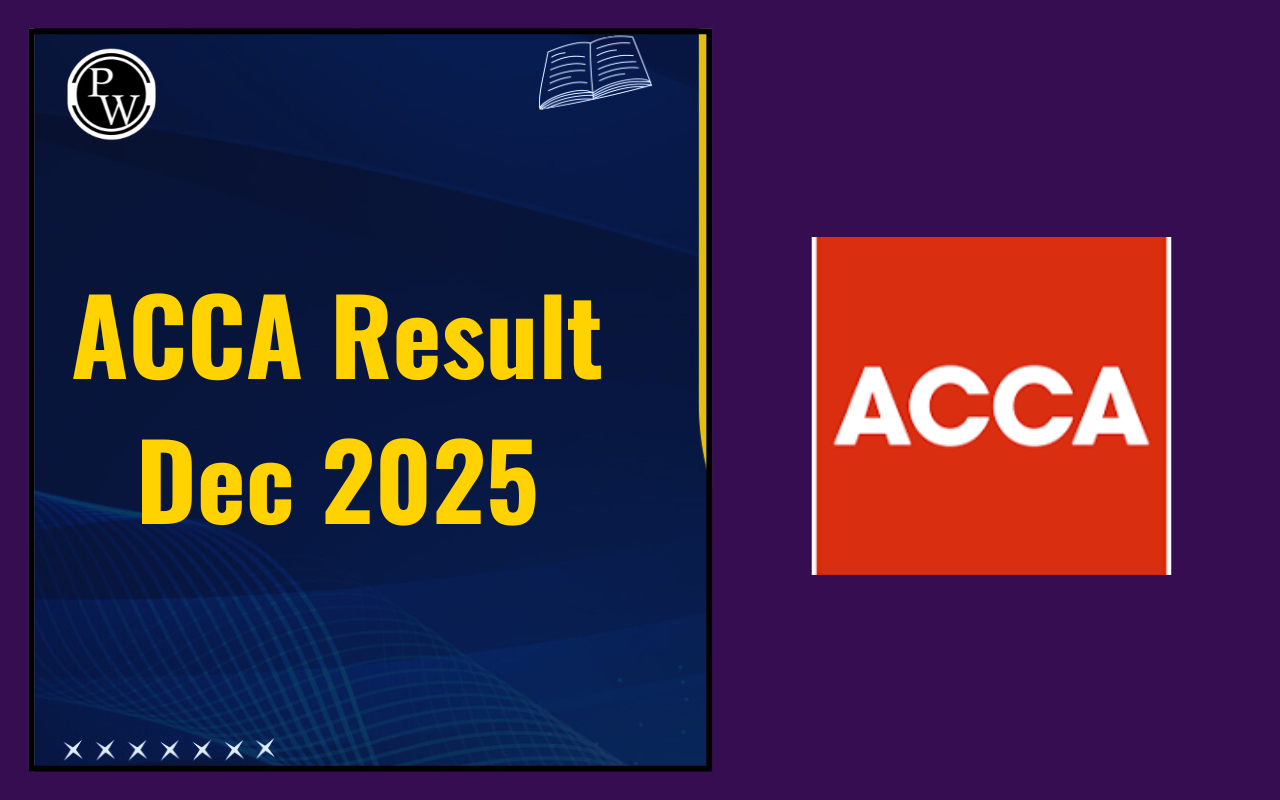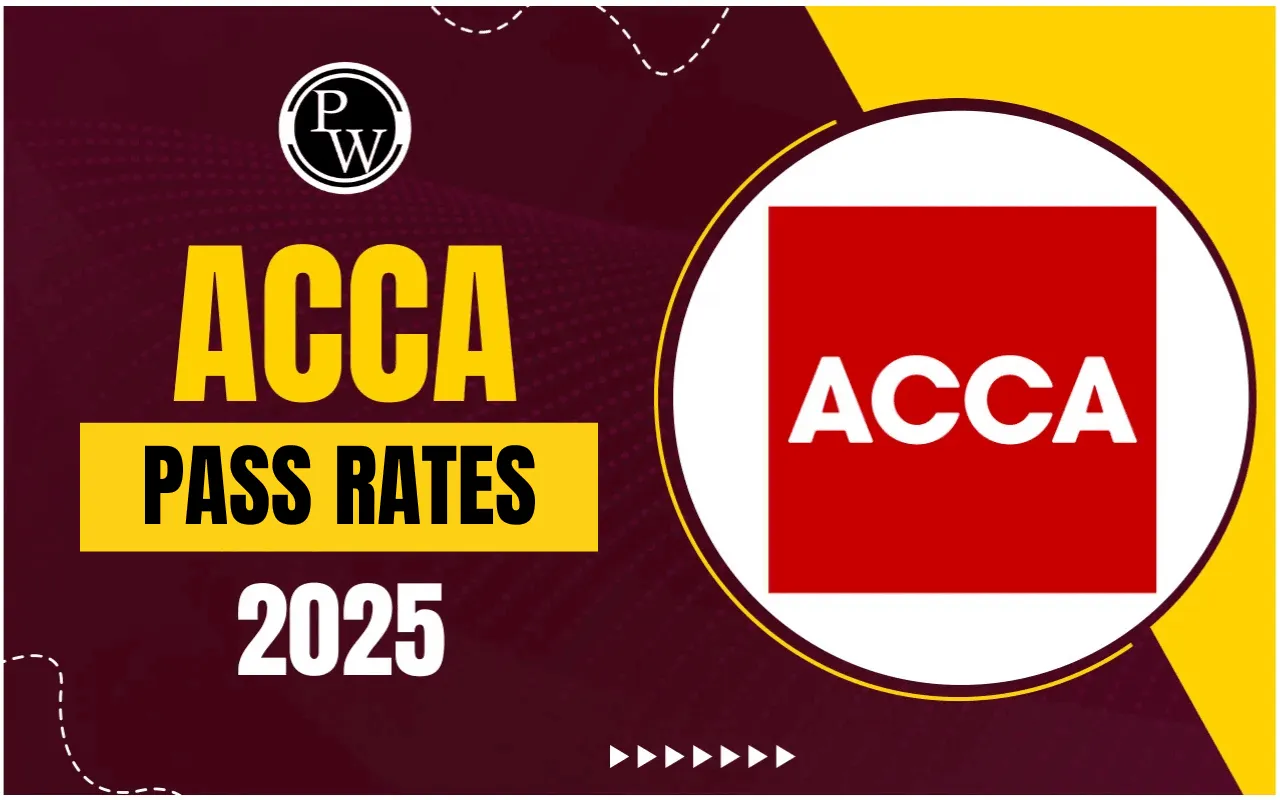
The Association of Chartered Certified Accountants (ACCA) stands out as one of the most popular and respected qualifications. However, many students often worry about how tough the ACCA exams are, how to prepare effectively, and what it takes to succeed.
While the ACCA qualification can open doors to job opportunities around the world, achieving it is no easy task. Here, we’ll explore the key reasons why the ACCA exams are considered challenging and share helpful tips to overcome these hurdles with confidence.
ACCA Difficulty Level
The ACCA exams are designed to assess a student’s knowledge and skills in accountancy, finance, and related subjects. The qualification is divided into three levels: Applied Knowledge, Applied Skills, and Strategic Professional. With each level, the difficulty increases, requiring deeper understanding, strong critical thinking, and practical application of concepts.
The exam format includes multiple-choice, objective, and scenario-based questions to evaluate both theoretical knowledge and real-world problem-solving abilities. Many students find the ACCA exams challenging due to the wide and detailed syllabus, which demands consistent study and clear conceptual understanding at every stage.
What Makes the ACCA Exam Difficult?
To truly understand why the ACCA exams are seen as challenging, it’s important to explore the key factors that contribute to their complexity. These elements not only affect how students prepare but also how they perform.
1. Wide Range of Topics in the Syllabus
The ACCA syllabus covers everything from basic accounting principles to advanced financial strategies and leadership. With 13 exam papers divided across different levels, students need to master multiple topics from varied disciplines.
For example, the Applied Skills level dives into areas like taxation and performance management, while the Strategic Professional level focuses on applying knowledge to real-world business scenarios. Because of the syllabus’s broad scope, careful planning and dedicated time are essential for each subject.
2. Continuous Revision is Essential
The ACCA course is content-heavy, so regular revision is critical. One of the biggest challenges students face is balancing new learning with revisiting older topics. Consistent review not only helps with retention but also ensures a deeper understanding of concepts that may be tested in complex formats.
3. Practicing Different Types of Questions
Practicing past papers and mock exams plays a major role in exam success. The ACCA exams often include scenario-based questions that require analytical thinking and sound decision-making. Students need to get comfortable with the exam format and learn to manage time efficiently while solving tricky, perception-based questions.
4. Time Management During Preparation and Exams
Time is one of the most critical factors in ACCA exam preparation. Students have to juggle deadlines, study time, work schedules, and revision. During the actual exams, time pressure is intense, and candidates must learn to answer questions accurately within strict time limits. Effective time management is key to success.
5. Academic Background Matters
Your past education can impact how easily you grasp ACCA concepts. Students with prior experience in finance or accounting may find the initial levels easier to navigate. Others might need extra time and effort to build foundational knowledge and catch up.
6. Importance of a Structured Study Plan
Having a solid study strategy helps students stay on track. A clear schedule allows candidates to focus more on tougher subjects, revise regularly, and practice enough before the exams. Without proper planning, it’s easy to fall behind.
7. Staying Persistent and Committed
Success in ACCA doesn't happen overnight. It's a long journey that requires persistence and dedication. Many students may face setbacks, such as failing a paper. But staying committed to the goal of becoming ACCA-qualified is what helps them push through tough times.
8. Choosing the Right Coaching Institute
A good coaching institute can make a big difference in your ACCA journey. The right mentors provide expert guidance, structured resources, and helpful strategies to make tough topics easier. Many students benefit from enrolling in reputed institutes with dedicated faculty. PW is one such ACCA coaching provider that supports students in building a successful career.
9. Handling Exam Day Pressure
Even well-prepared students can face difficulties on exam day due to stress, time pressure, or unfamiliar question styles. Practicing under exam conditions and developing stress-management techniques can improve your confidence and performance during the actual test.
Also Check: How to Write Answers in ACCA Exams?
Is It Difficult to Pass the ACCA Exams?
The ACCA exams are known for being challenging, but they’re definitely not impossible to clear. While pass rates vary across different levels, some papers like Financial Reporting (FR) and Advanced Audit and Assurance (AAA) are especially tough and have lower pass percentages. However, students who stay disciplined, use smart study techniques, and practice regularly stand a much better chance of passing.
The level of difficulty also depends on personal factors such as your academic background, study habits, commitment, and access to quality learning resources. Though the journey is demanding, the global career opportunities and professional growth that come with becoming ACCA-qualified make every bit of effort worthwhile.
| Also Check: |
| What is ACCA Study Hub |
| ACCA FIA Route |
| Avoid ACCA Exam Failure With Simple Suggestions |
| ACCA Entry-Level Jobs in India |
ACCA Difficulty Factors FAQs
Why is the ACCA exam considered difficult?
Which ACCA papers are the hardest to pass?
How can I manage time effectively for ACCA preparation?
Does academic background affect ACCA exam success?










